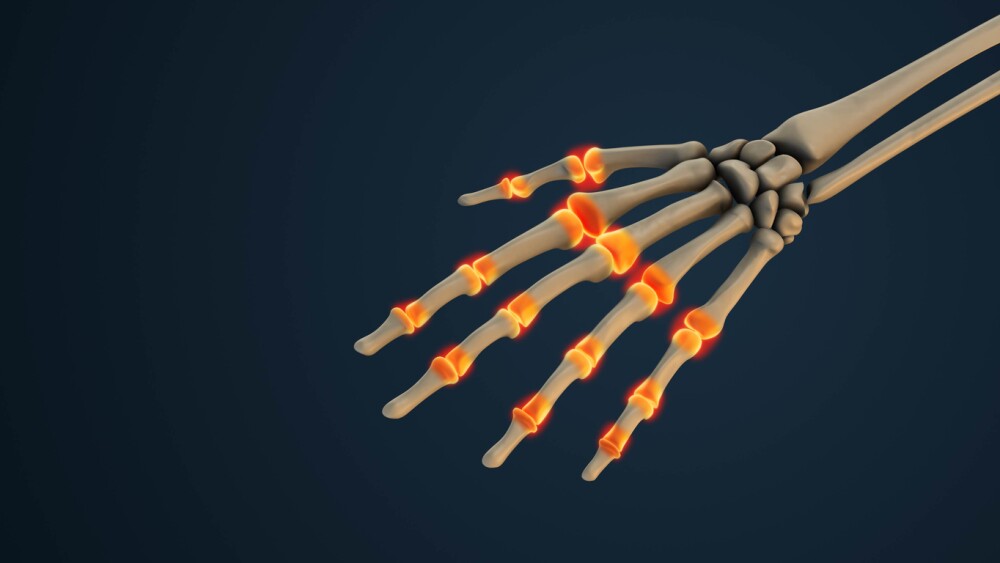INDIANAPOLIS -- Steve Pressé, Ph.D., assistant professor of physics in the School of Science at Indiana University-Purdue University Indianapolis, collaborates as the theorist of a new University of California-Berkeley study that provides novel insight into how proteins function in cells.
This collaborative study focuses on a bacterial ClpXP protease, a large protein complex resembling similar complexes in human cells. "It has a function within the cell similar to that of the shredder in an office," Pressé says. Proteins enter the molecular machine to be chopped up. Just as our office shredders function differently depending on what type of media is inserted for destruction (paper, a CD or a plastic card), this cellular shredder is just as flexible. This study finds that ClpXP operates differently for different segments of a single protein.
“This cellular level shredder is different from other molecular motors we know about in biology. It operates at a constant RPM [revolutions per minute] but has different gears,” said Pressé. “The molecular motor revolves in an orderly way but the amount of protein it shreds differs over one revolution displaying an evolutionary strategy for dealing with complicated material it needs to shred.”
ClpXP is involved in DNA damage repair, gene expression and protein quality control.
“The ClpXP protease functions as a motor with constant “rpm” but different “gears”” is published in the Oct. 24 issue of the journal Cell.
Authors are Maya Sen, Rodrigo A. Maillard, Kristofor Nyquist, Piere Rodriguez-Aliaga, Steve Pressé, Andreas Martin, and Carlos Bustamante. All authors other than Pressé are affiliated with UC Berkeley. Bustamante is a Howard Hughes Medical Institute investigator. The work was supported in part by the Searle Scholars Program (A.M.), NIH grant R01-GM094497-01A1 (A.M.), NIH grant R01-GM0325543 (C.B.), the U.S. Department of Energy, Office of Basic Energy Sciences, Division of Materials Sciences and Engineering under Contract No. DE-AC02-05CH11231 (C.B.), and the Howard Hughes Medical Institute (C.B.).
Pressé, a statistical physicist, joined the IUPUI faculty earlier this year.
The School of Science at IUPUI is committed to excellence in teaching, research and service in the biological, physical, behavioral and mathematical sciences. The school is dedicated to being a leading resource for interdisciplinary research and science education in support of Indiana's effort to expand and diversify its economy. For more information, visit science.iupui.edu.
Media contact:
Natalie Mazanowski
Exec. Director of Marketing & PR
nkmazano@iupui.edu
317-274-0618
Help employers find you! Check out all the jobs and post your resume.




